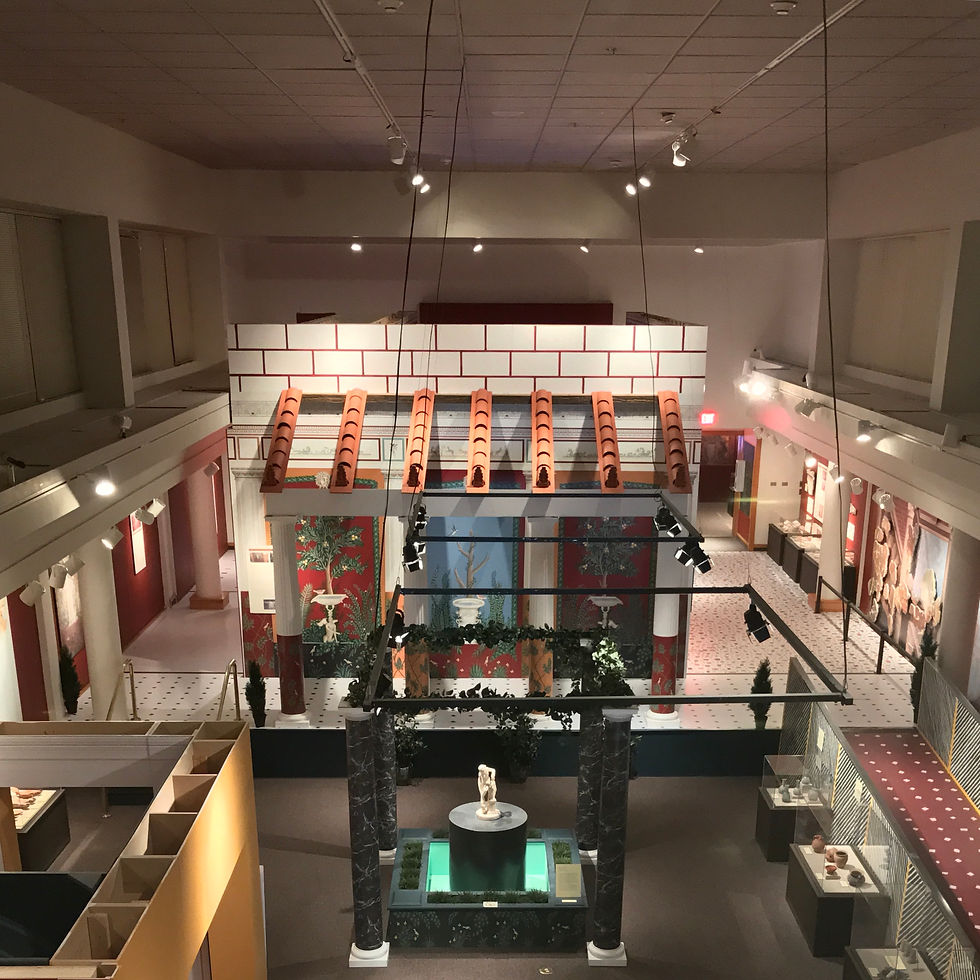Immortal Ink
- Red Book Ray

- Jan 29, 2018
- 3 min read
Updated: Sep 2, 2018
I subscribe — and you should as well — to poets.org's poem-a-day email newsletter.
Imagine my wonder and delight when this sonnet by Shakespeare graced my inbox, fulfilling its own prophetic hope that "in black ink my love may still shine bright" though all else might decay with time.
Since brass, nor stone, nor earth, nor boundless sea
But sad mortality o’er-sways their power,
How with this rage shall beauty hold a plea,
Whose action is no stronger than a flower?
O, how shall summer’s honey breath hold out
Against the wreckful siege of battering days,
When rocks impregnable are not so stout,
Nor gates of steel so strong, but time decays?
O fearful meditation! where, alack,
Shall time’s best jewel from time’s chest lie hid?
Or what strong hand can hold his swift foot back?
Or who his spoil of beauty can forbid?
O, none, unless this miracle have might,
That in black ink my love may still shine bright.
William Shakespeare
Time is a funny concept to which we adhere. We need not go into the "reality" of time here; suffice to say that the reality of decay, of the destruction by moth and rust, is not conceptual one bit. "Sad mortality" overcomes the things of this world, every rock, every flower, every bone. Yet somehow, miraculously, these lines above penned in ink (and many more of their kind) have lasted the better part of five centuries.
We can only imagine what Shakespeare would think to find out that his "miracle [had] might" enough to last as long as that. And who knows how much longer those words will last still (probably far longer than this blog post discussing them).
What is the cause of this miracle? The literal black ink with which the Bard wrote the sonnet is not immortal. This miracle, then, is the miracle of words — the miracle of ideas — the miracle of art. Through the years since they first came to life on the page, these words are reborn every time they are written again, printed again, spoken again, heard again. A commonality of human experience gives them staying power, renders them practically immortal.

In the year AD 79 the volcanic eruption of Mount Vesuvius (which you may know as the explosion at Pompeii, although other areas were also affected) encased an unprecedented number of cultural artifacts in a remarkable state of preservation, even up to the moment of our own time two centuries later. This tragedy, calling to account thousands of mortal human lives, also miraculously caused "time’s best jewel from time’s chest [to] lie hid". The same disaster that cut these human beings' time short caused the materials of their lives, their art, their culture, to escape the usual affects of time.
What is different, and what is the same, about the immortality of words and the immortality of these centuries-old artifacts? They both far outlasted their human creators on this earth. We can't be sure which will succumb first to the eventual decay of time. And who can say which is more miraculous: the art and artifacts preserved by a tragedy? or the ideas and emotions preserved by commonality? The tragedy came by no one's intention. The sonnet came with an expressed wish to last through time, to "still shine bright". The artifacts are now preserved with great intention to inform and enchant generations to come. The sonnet is continually shared from person to person (even through email). Which will last longer in our world, the art first preserved by accident (tragedy) or the art first preserved by intention (hope)?
Perhaps time will tell.



Comments